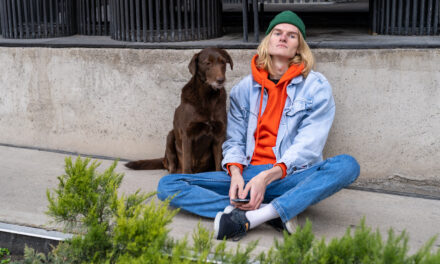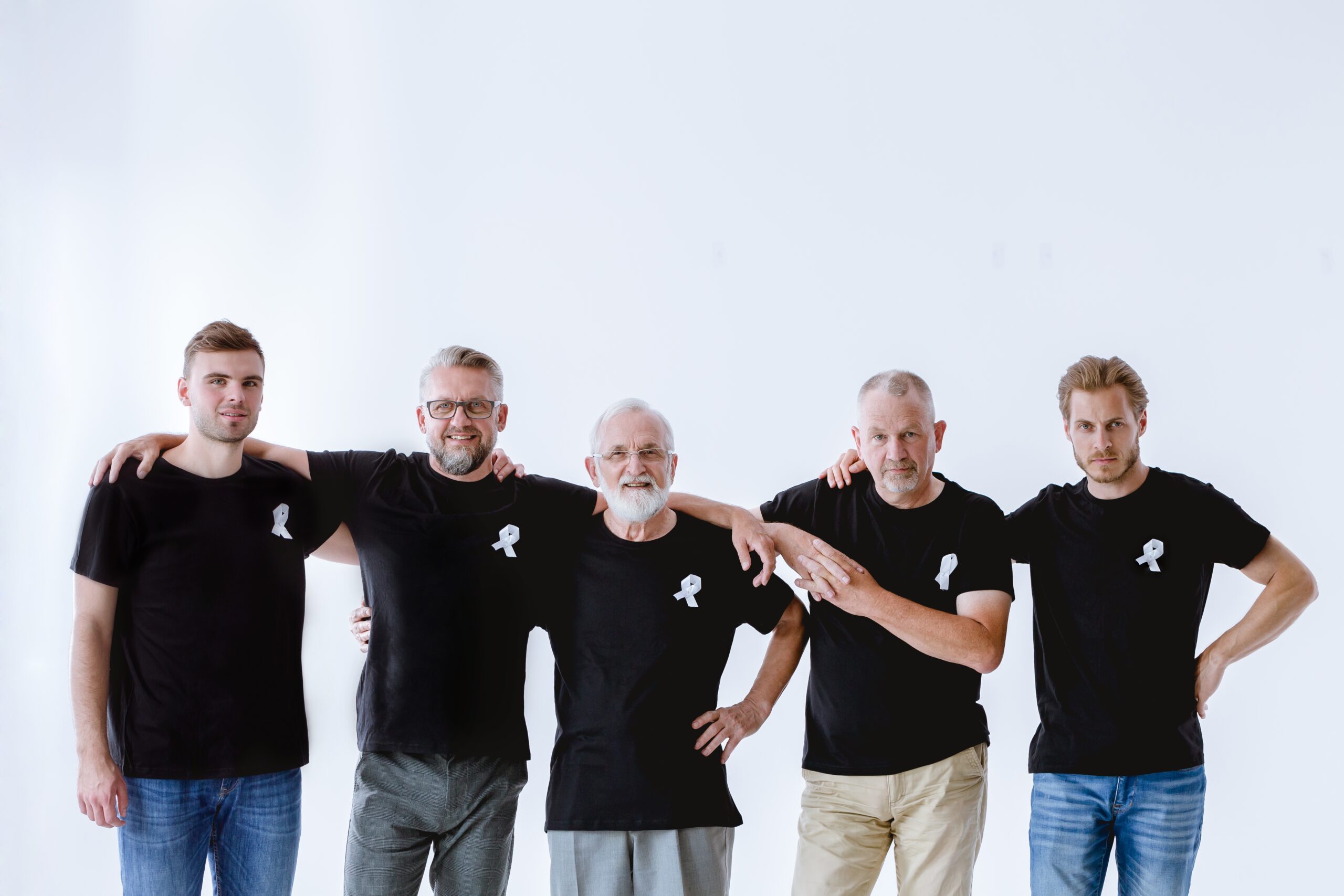Renowned comedian and actor John Cleese has recently expressed concerns about a classic sketch from the film “Life of Brian.” The sketch in question features a big lumpy man who complains about not being accepted as a woman. Cleese has warned that this particular scene could potentially be offensive to trans women and ignite controversy in today’s cultural climate.
Cleese, known for his sharp wit and contributions to British comedy, spoke out during a recent interview, acknowledging that times have changed since the release of “Life of Brian” in 1979. He highlighted the importance of considering the impact of comedy on marginalized communities and noted that the sketch, intended to satirize societal norms, might no longer resonate in a sensitive cultural context.
The concerns raised by Cleese have sparked debates among comedy enthusiasts, social commentators, and the transgender community. Some argue that it is crucial to revisit and reevaluate comedy from the past to ensure it aligns with contemporary understanding and empathy. They emphasize the need to acknowledge the experiences and perspectives of trans women and the potential harm that outdated humor can cause.
Others contend that comedy should be granted some degree of artistic license and that it should not be subject to constant censorship or revision based on evolving sensitivities. They argue that the “Life of Brian” sketch was a product of its time and should be viewed within its historical context, allowing for a nuanced appreciation of comedy’s evolution over the years.
As discussions continue, the balance between artistic freedom and responsible storytelling remains a topic of ongoing reflection. Cleese’s warning has brought attention to the complexities of comedy, reminding us that while humour has the power to entertain, it must also be mindful of the potential impact it can have on marginalized communities, including trans women.
















